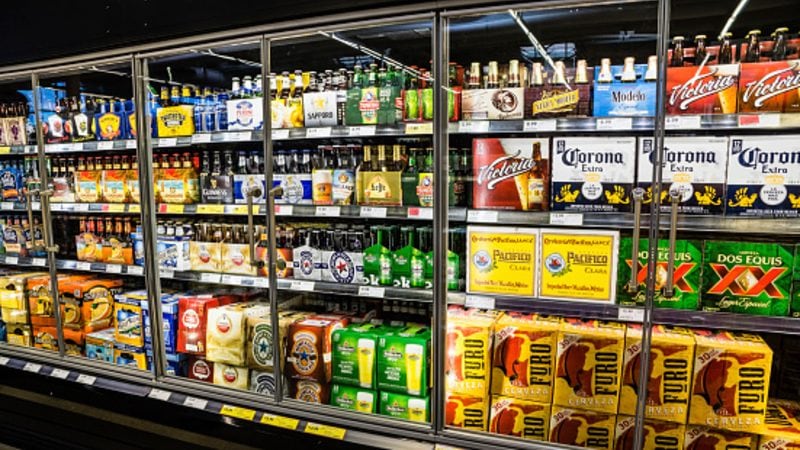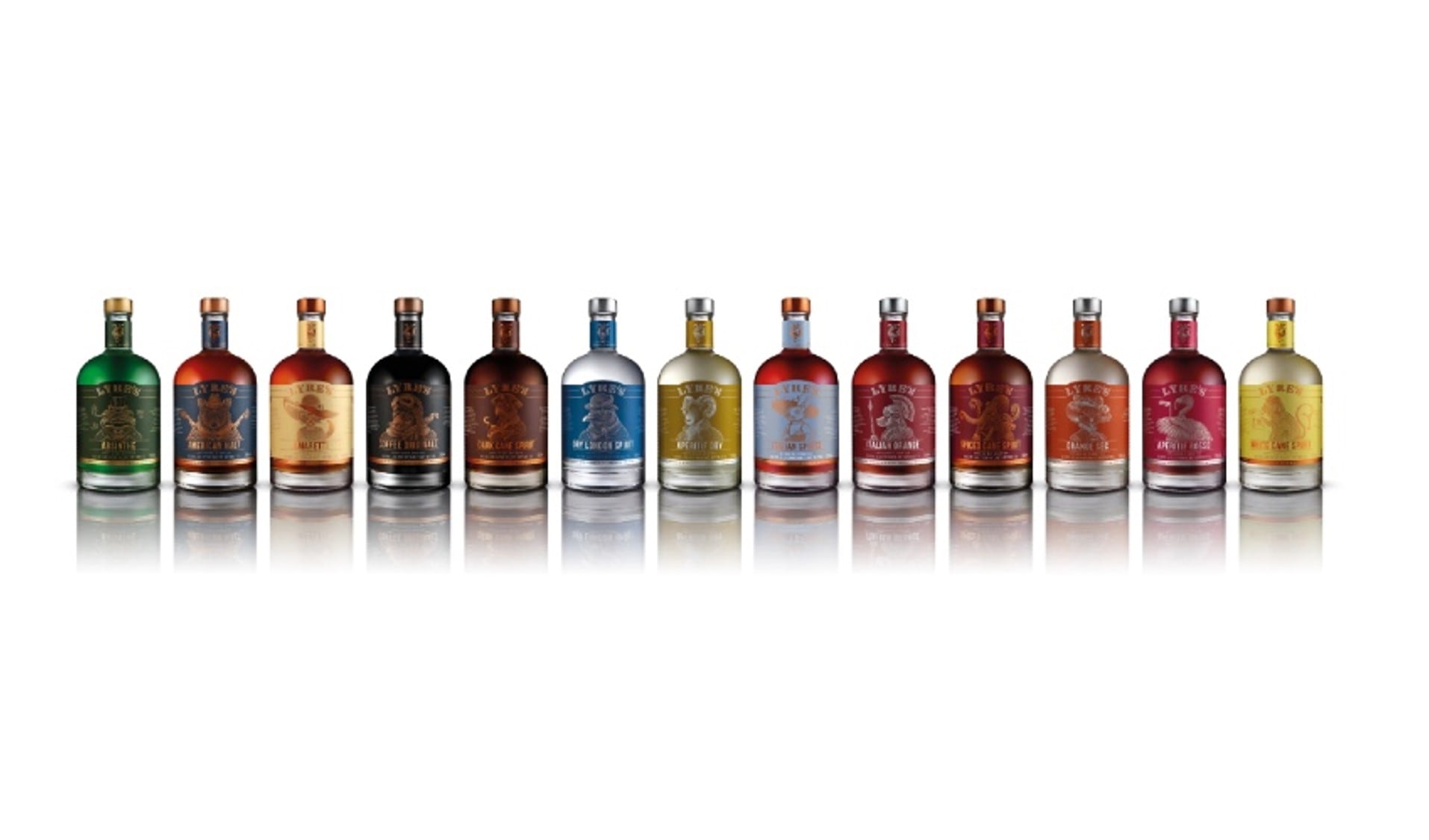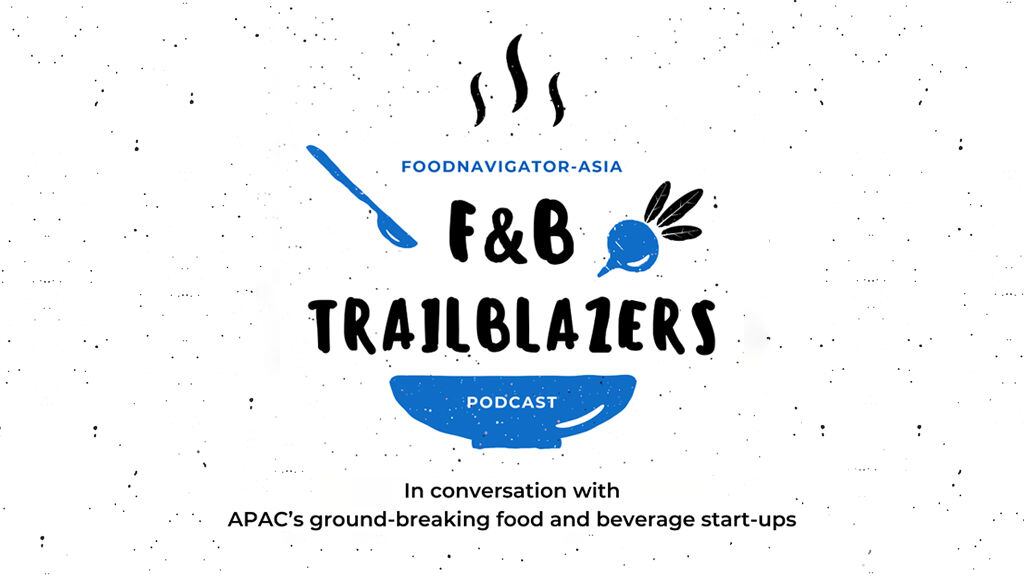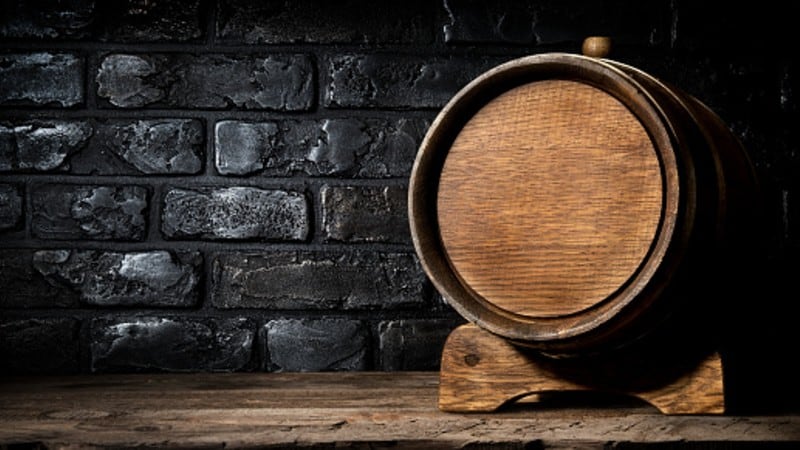The reviews were triggered by multiple alcohol-related incidents, at least three of which were fatal, in the past month, with Islamist political party Parti Islam SeMalaysia (PAS) even moving to call for an outright alcohol sales ban.
While this looks unlikely, the Ministry of Housing and Local Government and several state governments in Malaysia have begun to mull reviewing the regulations governing alcohol sales and production in hopes of reducing drink driving incidents.
Malacca is one of the states that has already announced such a review, with Chief Minister Datuk Sulaiman Mohd Ali calling the issue of alcoholic beverage sales a ‘serious’ matter with significant social and economic fallout.
“[Road] accidents resulting from drunk driving have also led to social and economic consequences when families are affected following the death of a breadwinner, [and] could escalate further is no firm action or severe penalties are enforced,” he said in a statement to media.
One of the states still considering the situation is Perak, which is looking at restricting the hours when alcohol can be legally sold as well as policies dictating sales, licensing and alcohol consumption venues, especially in line with the Housing and Local Government Ministry’s decision on the matter.
“The state government is really upset with the recent accidents caused by drunk driving, which affect the lives of innocent people,” Perak Mentri Besar (Head of State Government) Datuk Seri Ahmad Faizal Azumu said at a public event.
“Maybe people have a lot of time now and they drink irresponsibly. If someone wants to drink and bring harm to themselves it’s up to them, but don’t put others’ lives at risk
“With regard to the recent incidents, we will see whether there is a need to freeze [the issuance of new licences] temporarily or just issue stricter SOPs with the cooperation from police.”
Further limitations would likely hit hard an industry that is already struggling to survive, especially when it comes to maintaining on-trade or in-house consumption, once the alcoholic industry’s star player which was already hit hard due to COVID-19.
HEINEKEN APAC is one of the country’s largest alcohol companies, operating the major beer brands Tiger and Heineken, and even this major player had already seen impacts on its on-trade business due to the outbreak.
Both Heineken and competitor Carlsberg had also faced multiple hurdles from the government during the country’s COVID-19 lockdown, with applications to resume operations being approved, then rescinded after PAS criticised the approval.
Wrath of the East
Not all states are on board with tightening regulations though – Sabah and Sarawak over in East Malaysia in particular have deemed such regulations disrespectful, culturally insensitive and racially-charged.
"The art of fermenting rice, coconut, or other plants to be made into wine is an intangible heritage recognised by the United Nations and has been passed down for generations all over the world, not just in Sabah and Sarawak,” said Sabah Democratic Action Party (DAP) secretary Chan Foong Hin.
"For Perikatan Nasional (PN) to take easy way out by [considering] imposing a 'freeze' in the issuance of alcohol licence, it did not consider the local culture of Borneo."
PN is Malaysia’s current ruling party, whereas DAP is part of the opposition coalition Pakatan Harapan (PH).
"Banning the sale of alcohol whether temporary or permanent will not address the issue but instead lead to other problems, such as black market booze and sales of fake alcohol, and more importantly, infringement of cultural rights of Sabah and Sarawak indigenous [people],” said Chan.
"The government should look at other more equitable solutions that resolve the issue of drunk driving whilst not infringing or taking away the rights of others to consume alcohol reasonably, especially in a multiracial and multicultural country like Malaysia."
Human rights parties in Sarawak have also outright decried PAS’ calls for a blanket ban as a ‘thinly veiled attempt to impose Islamic beliefs and practices on the whole country’.
“Protecting public safety on the road can be achieved without impinging on people’s private affairs,” Sarawak Association for People’s Aspiration (SAPA) information chief Peter John Jaban told the Malay Mail.
Nothing set yet
As of now, the Ministry of Housing and Local Government has yet to take a firm stand, saying that it is ‘prepared to consider suggestions’ for these reviews, but also warning of ‘long-term implications’.
“The government has to take a long-term view and cannot rush into drafting a law on an ad hoc basis,” said Housing and Local Government Minister Zuraida Kamaruddin.
"The guideline also falls within the jurisdiction of local authorities and we need to see the (overall) statistics on road crashes caused by those driving under the influence.”
This directly conflicts with a tweet made by Federal Territories Minister Tan Sri Annuar Musa just a day before calling for the immediate freeze of alcohol sales permits.
"With accidents involving drunk drivers, it is apt to freeze the issuance of new permits for alcohol retailing until a guideline and legal revision are done. The premises licensing from the local authorities must be tightened,” he said.
With even the government itself divided on the issue, not to mention economic considerations, it remains to be seen if these reviews will come to fruition.





